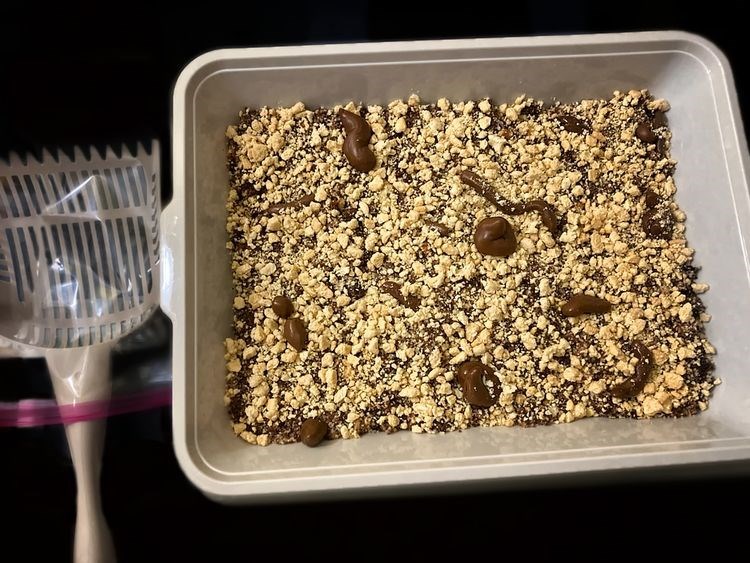NEWS RELEASE
MICHIGAN STATE UNIVERSITY EXTENSION
*************************
A famous movie from the late 1960s had one word for the future: plastics. Well, the future is now, and plastics have become ever present in nearly all parts of our lives. Plastic containers are convenient for storing food, but it is necessary to use food-grade plastic to keep food safe for eating.
Food-grade plastics
U.S. law states that any food-grade plastic materials, along with any substance that may or does come in contact with food, has to be approved for food use. The FDA provides a list of authorized plastic polymers that may be used as a food-contact surface. Non-food grade plastics are not regulated to the level of food contact plastics. Food-grade plastic materials are heavily regulated by the FDA. The plastic must be approved to be used as a food-contact surface.
Hazardous to food
Social media has plenty of creative ideas for serving food. One not-so-great idea, however, is the DIY "kitty litter cake," which is an edible dessert served in a kitty litter box. It may seem funny, albeit gross, but it is also hazardous. Even though some recipes note that new pans should be used, potential chemical contaminants from the plastic kitty litter pan and the plastic liner may still leach into a food product. Too often, people also use garbage bags to store food, but those are also not recommended by the USDA. Garbage bags can change the taste, odor or color of food and are not regulated like food-grade plastic.
Recycled containers
Plastics that have held chemicals, pet food, cleaners and any other plastics not intended for food should never be used to store or serve food. Regulations for plastics used in food packaging are very strict, and recycled plastics may not have been regulated as food-contact safe. Recycled plastic materials used for food containers must be authorized by the FDA, as the type of plastics cannot be guaranteed to be non-hazardous. Plastics that pose a hazard when used with foods, may be considered appropriate for other uses, and pose no risks under those circumstances.
Following best practices to ensure safe food for consumption is the responsible thing to do. Michigan State University Extension recommends using food-safe containers to reduce the chances of foodborne illness. For more information on keeping food safe, visit MSU Extension's Safe Food & Water website at https://www.canr.msu.edu/safe_
This article was written by Mary Donaldson, Michigan State University Extension. For more information, visit https://extension.msu.



